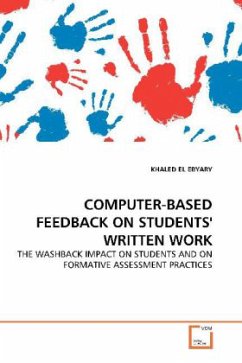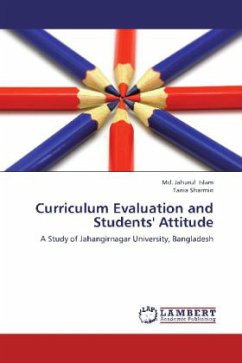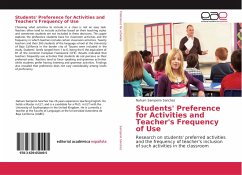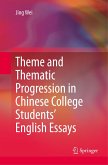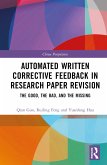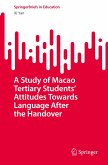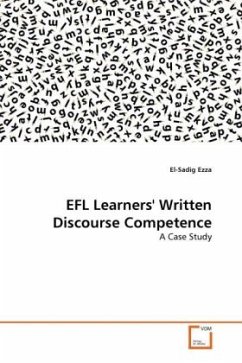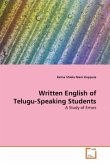Washback is viewed as the influence of assessment on either or both teaching and learning.At the same time,recent views of formative assessment describe such practice as one with dramatic potential impact on practically all aspects of teaching and learning.However,formative assessment appears not to attract the attention of washback research because washback research has linked such a phenomenon to Alderson and Wall''s (1993) hypothesis which stated that tests that have important consequences will have washback''. Washback research has interpreted important consequences only in connection with summative assessment.So,the paradox between what formative assessment proponents claim and what washback researchers focus on in practice suggests we need to question what we mean by important consequences,i.e.are important consequences interpreted only as the product of high-stakes tests? Or can formative assessment be claimed to have important consequences? Can the effects on learning behaviour be seen as important consequences,and if so,is washback from formative assessment likely to operate in the same way it does in summative assessment?
Bitte wählen Sie Ihr Anliegen aus.
Rechnungen
Retourenschein anfordern
Bestellstatus
Storno

